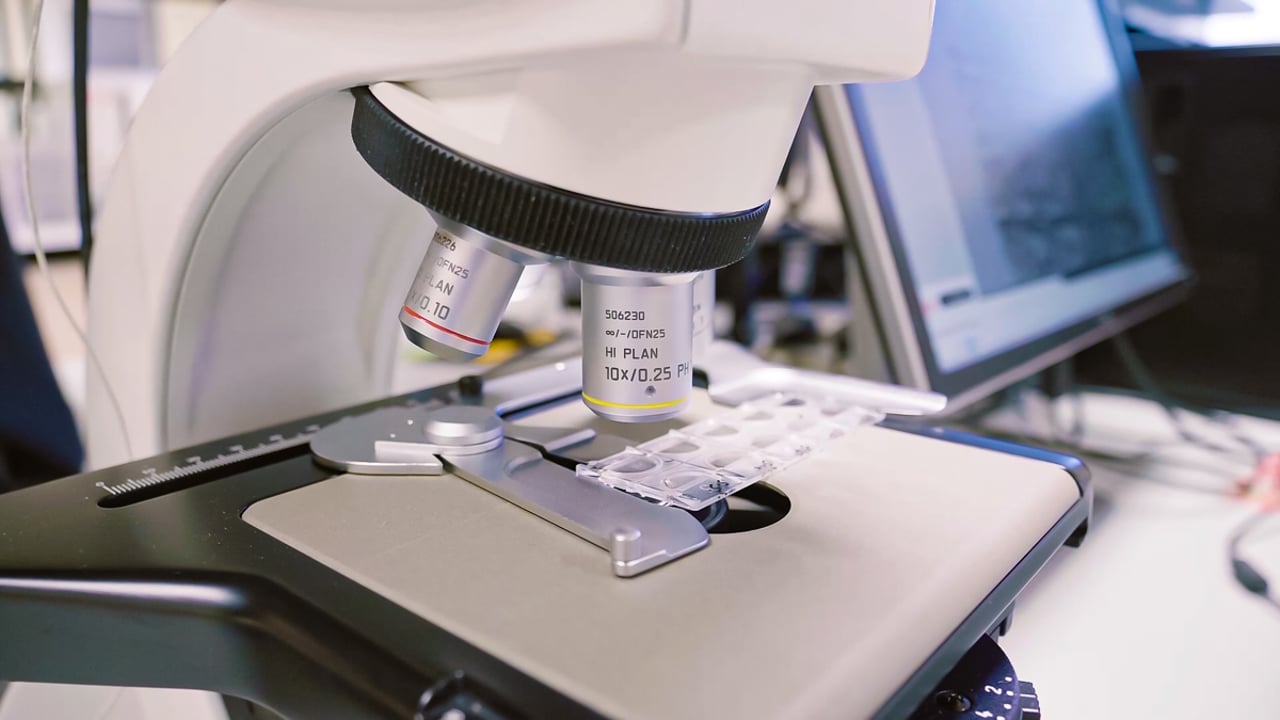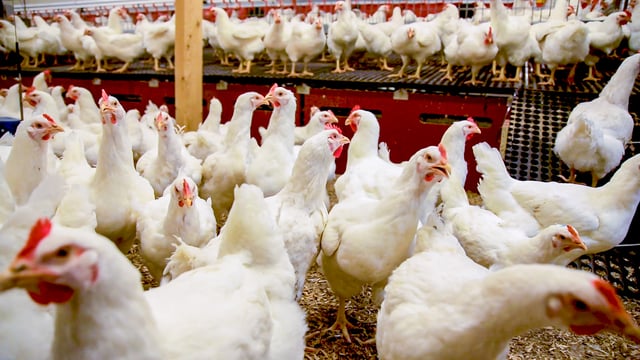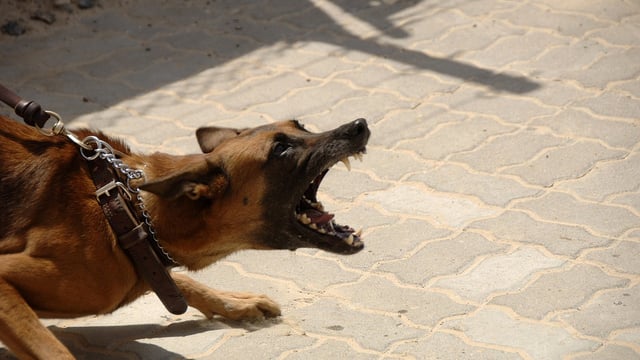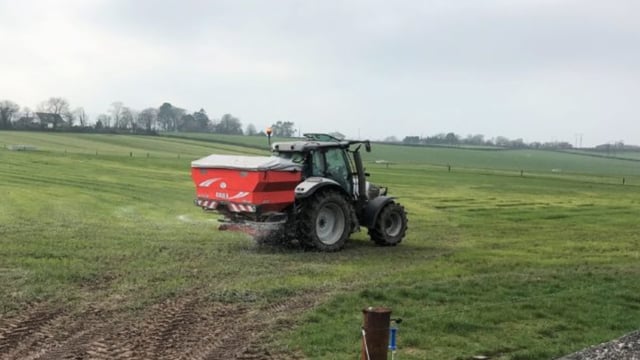Mad cow disease discovered in one cow in Netherlands
A case of mad cow disease has been discovered on a farm in the Netherlands, Dutch newspaper De Telegraaf has reported.
The country's minister for agriculture Piet Adema has told the Dutch parliament that the case of mad cow disease - or bovine spongiform encephalopathy (BSE) - was discovered in a dead cow this week.
It is understood that the location of the farm was not specified, although De Telegraaf reports that it is located in the province of South Holland.
The Dutch agriculture minister is understood to have told members of the House of Representatives that the dead animal did not enter the human food chain, and that this case was not a threat to food safety.
It is also reported that this case of infection is being studied by experts to determine whether it is an atypical type or classical type of the disease.
The EU has a large body of legislation in place to protect humans and animals from BSE.
These main measures include:
The most common symptom of classical BSE in cattle include behavioural changes, lack of coordination, difficulty in walking or standing up, decreased milk production, and weight loss.
However, there have also been cases in which the disease was detected in animals with no symptoms, according to the European Food Safety Authority (EFSA).
Classical BSE, the basis of the extensive incidence of BSE which commenced in the 1980s, is associated with the feeding of meat-and-bone meal, where scientific evidence indicates that BSE is acquired in the first year of life.
Atypical BSE has been identified more recently and which is thought to occur spontaneously and sporadically in older animals,with a low incidence rate.











